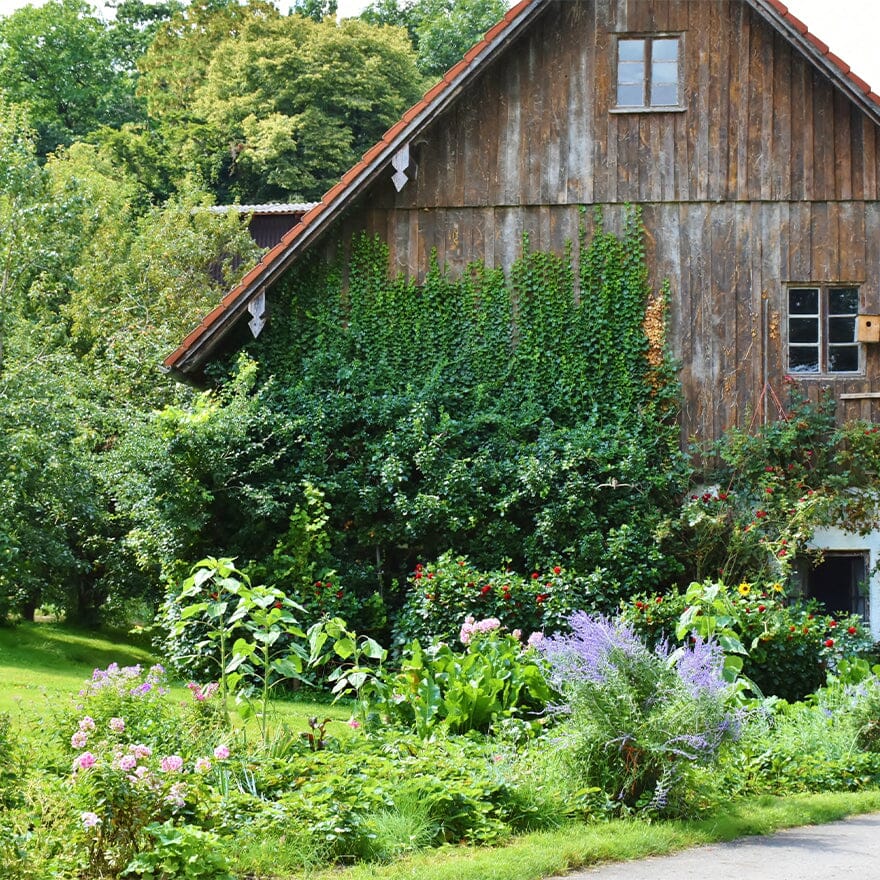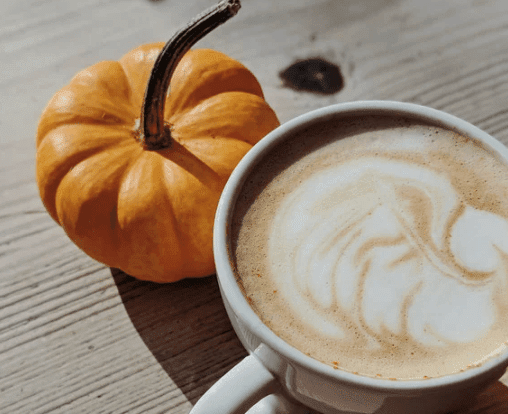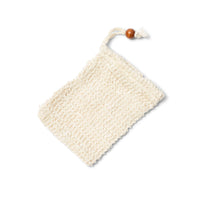
Looking to try your hand at gardening this spring? While it might seem counter-intuitive that not all gardens are eco-friendly, it is unfortunately the case that, just like other aspects of life, you have to take care in ensuring your gardening choices help the environment instead of harm it.
But don’t worry! We’ve broken down the basics so you can start your garden with confidence this spring.
Sustainable gardens start with soil
The sustainability of a garden really comes down to the soil, because the nutrient breakdown of the soil will determine how successful your garden is. If your soil is nutrient poor, it will be difficult to grow anything and the plants might pull even more resources from the soil.
To ensure your soil is nutrient rich, include organic matter like manure or compost. If you already compost at home, this is a great way to put it to use! If it’s the first time you’re using the ground for planting, it’s a good idea to loosen the soil and dig at least 8 inches deep so that roots can take hold. It’s also helpful to clear out any rocks and debris you might find, as they will otherwise get in the way when digging and planting.
What to do with plant pots after planting
Not all plant pots are recyclable, unfortunately. What materials you can recycle depends on your city’s recycling program, so check with your local jurisdiction what they accept. Some gardening centers may accept return pots, too. Natural materials like terracotta aren’t necessarily better than plastic pots either. If a material is fired, it can’t break down and biodegrade.
Other than using the pots for planting, you can repurpose them in a number of ways. They can, of course, be used decoratively both inside and outside. Pots are also great for organization and can store all your gardening tools. Check out this article for a full list of ideas of how to repurpose plant pots.

What to grow in your garden
What you can grow depends on the environment where you live, but here are a few of our favorite things to grow at home.
Herbs tend to be easy to grow, and they grow quickly and continuously, meaning you can reap the rewards of fresh herbs almost all season long. Basil, rosemary, thyme, mint, and oregano are all great herbs to grow since they are so versatile in cooking and mixology.
Wildflowers both look good and are good for the local environment. Choosing native plants attracts pollinators like bees and butterflies, which helps support green spaces far beyond the confines of your own garden. Refer to this map to see which wildflowers do best in which region and plant accordingly.
Vegetables are a great way to grow your own food. Some are easier than others, but lettuce, tomatoes, green beans, peppers, and peas are all great starter vegetables. Check out this guide for tips on how to cultivate the ideal environment for each vegetable.
How to cultivate a sustainable garden this spring
If you really want to go the extra mile, you can collect rain water to use for watering during drier weeks. You can also make your own organic fertilizer instead of using the chemical-filled ones you find at the store. It’s just a matter of knowing what nutrients your plants need to thrive.
Ready to feel fresh and springlike? Try our Herb Garden Body Wash Bar, which includes dill weed for light exfoliation. Prefer more floral scents? Try our Wildflower Body Wash Bar which includes flower petals for light exfoliation too!





